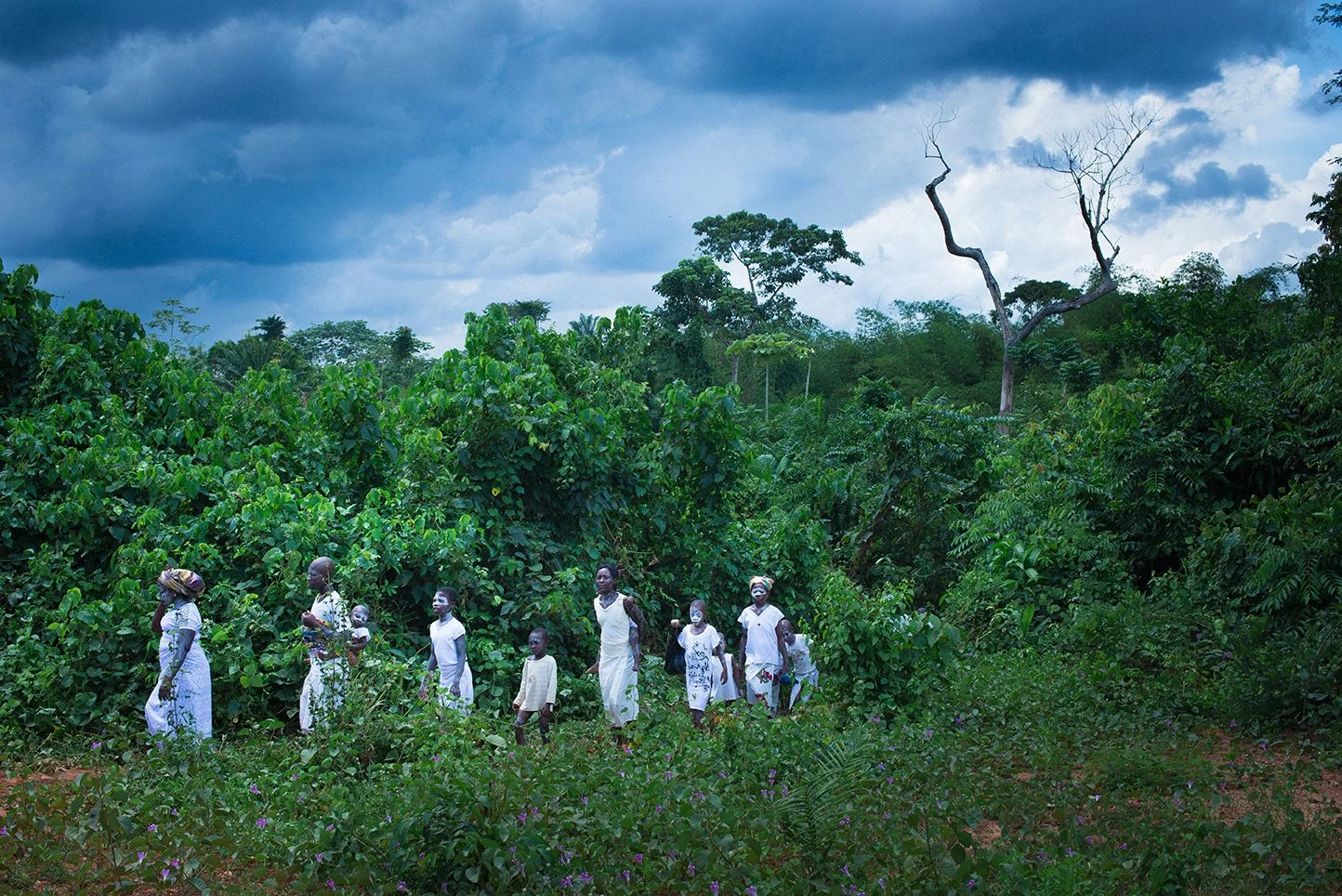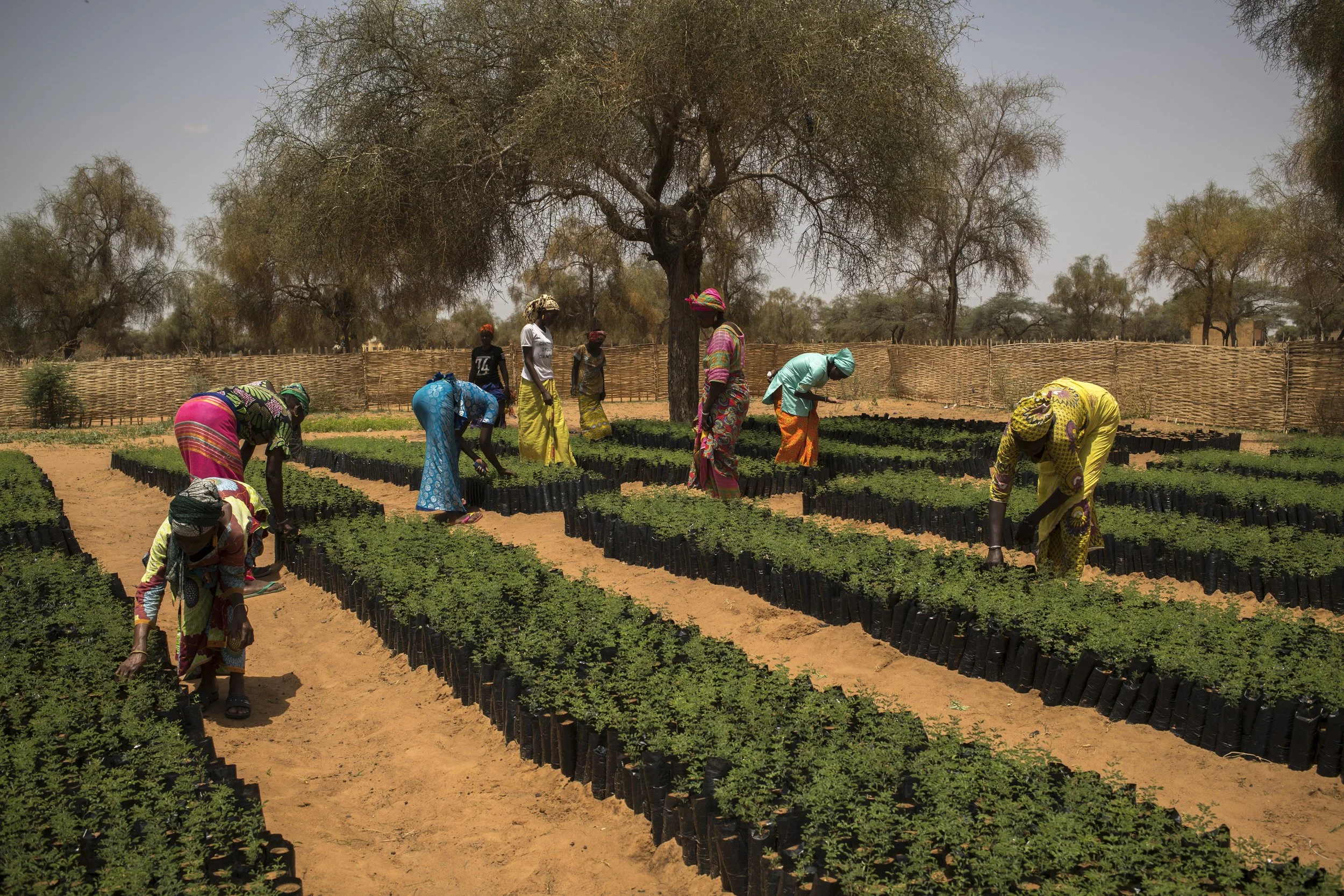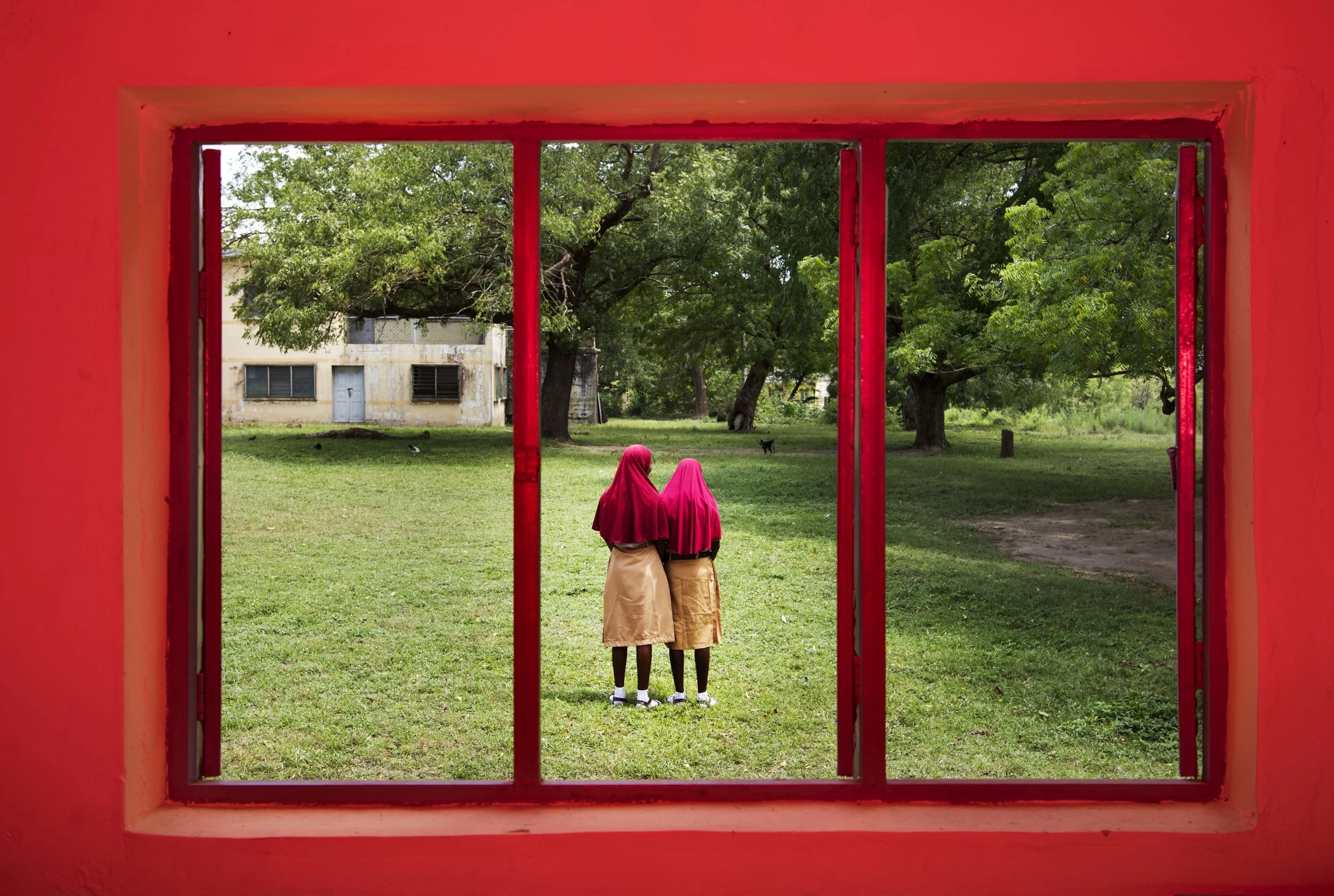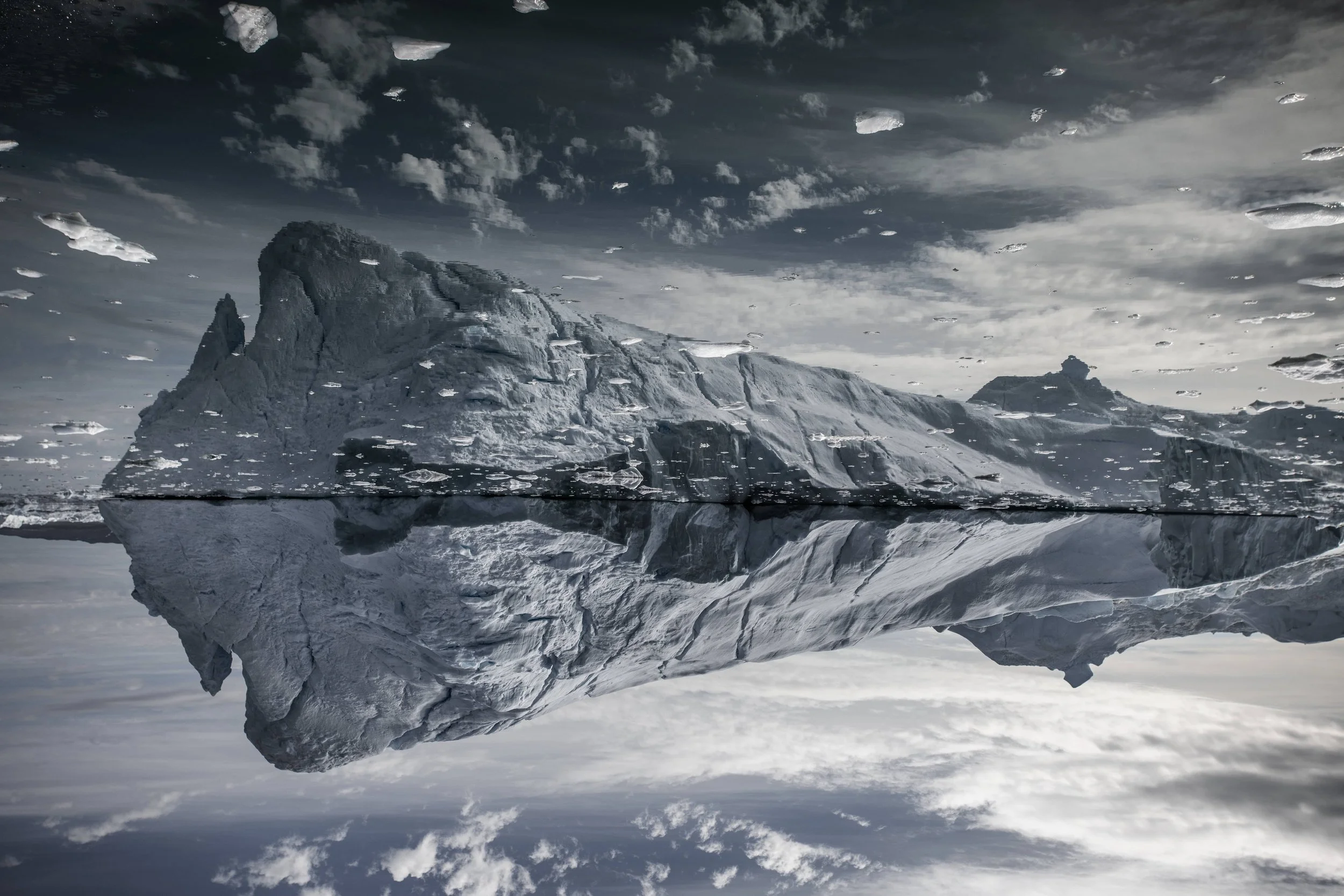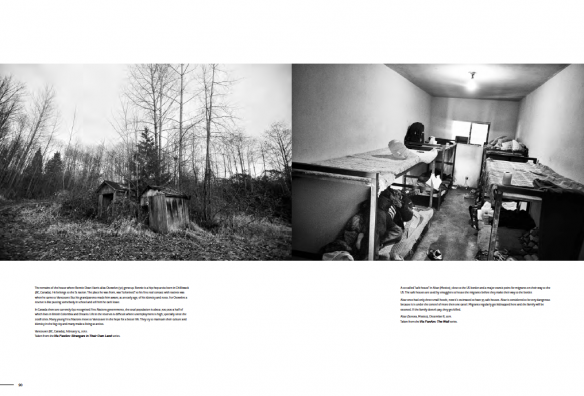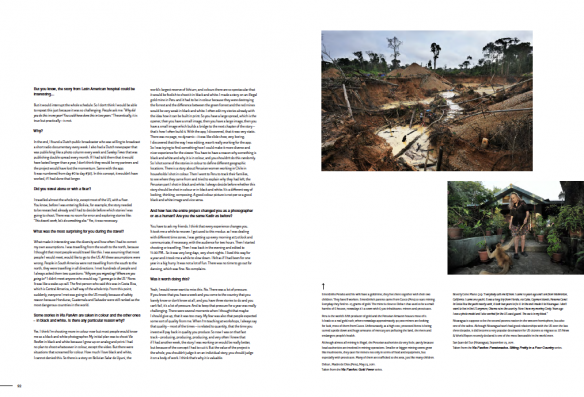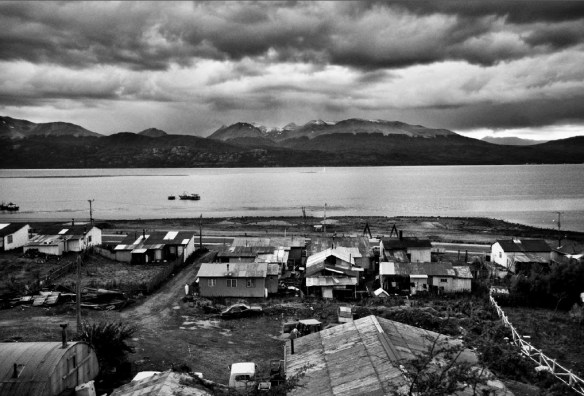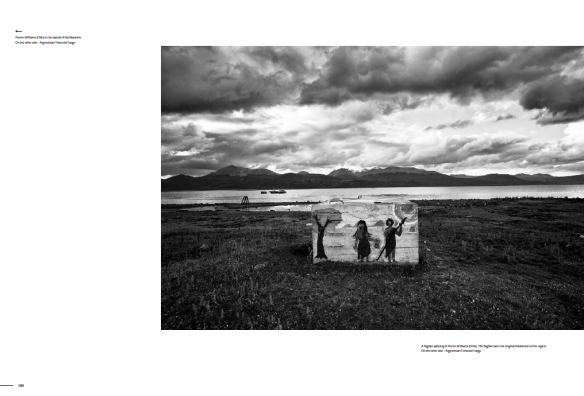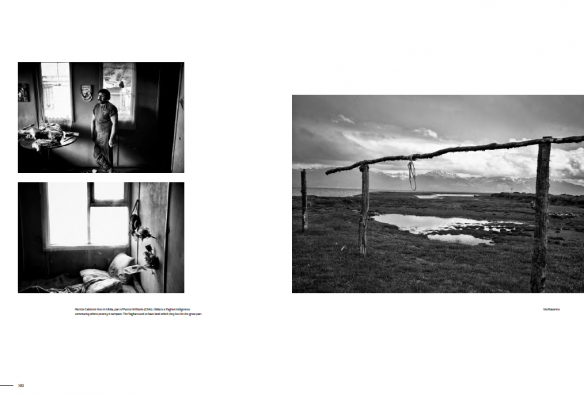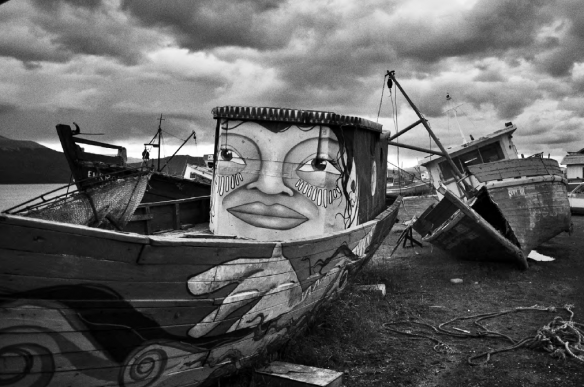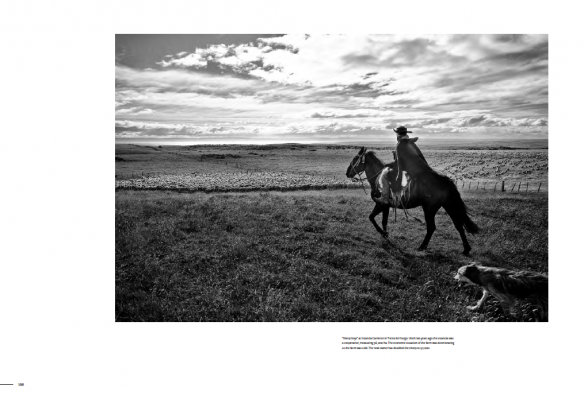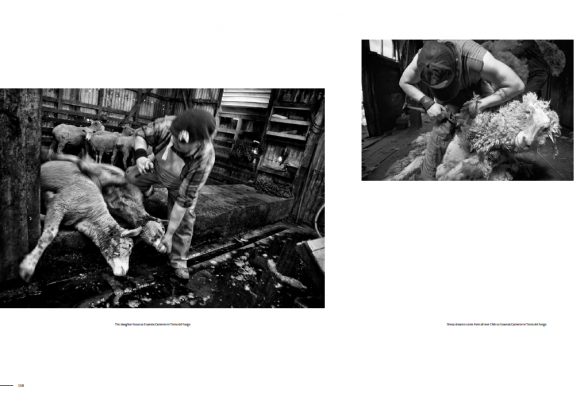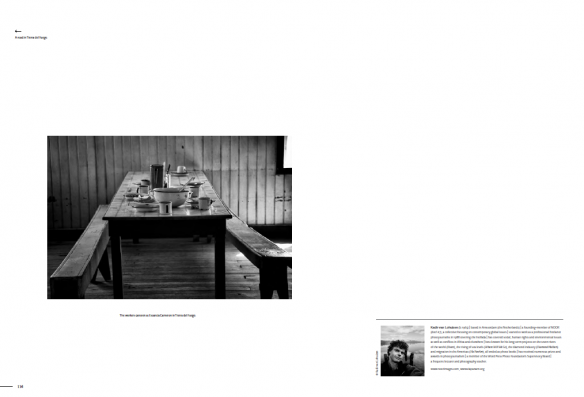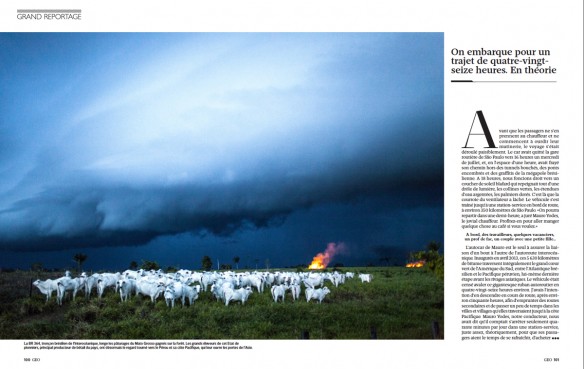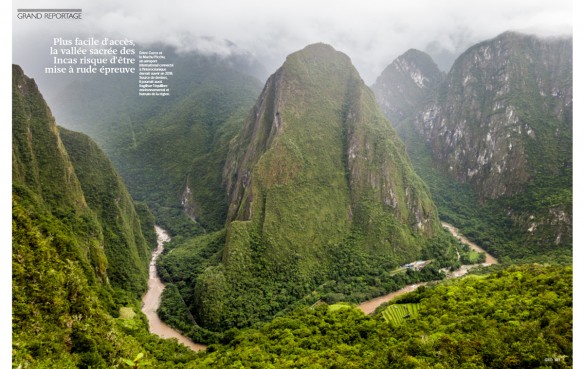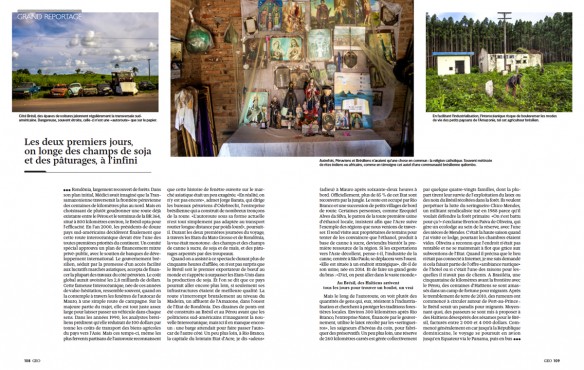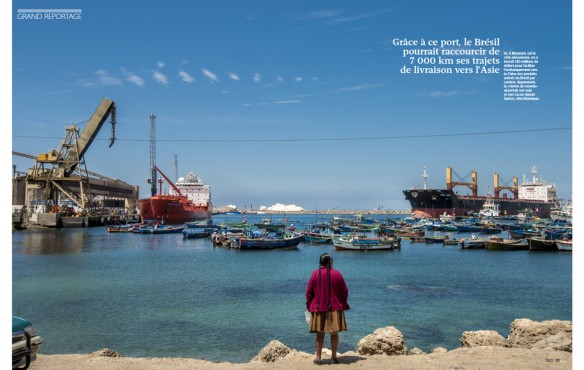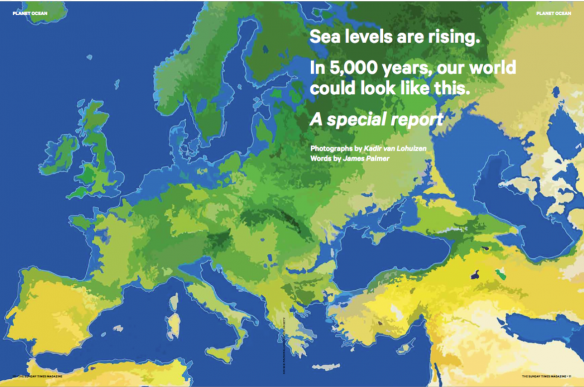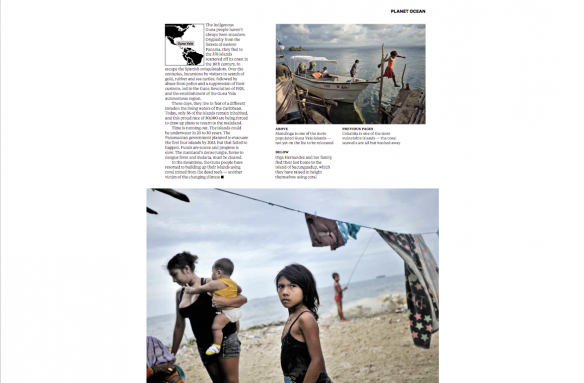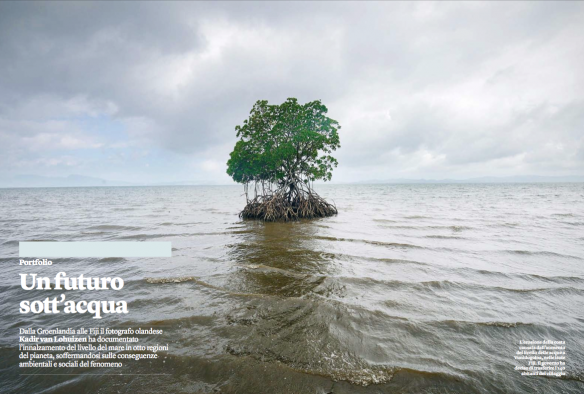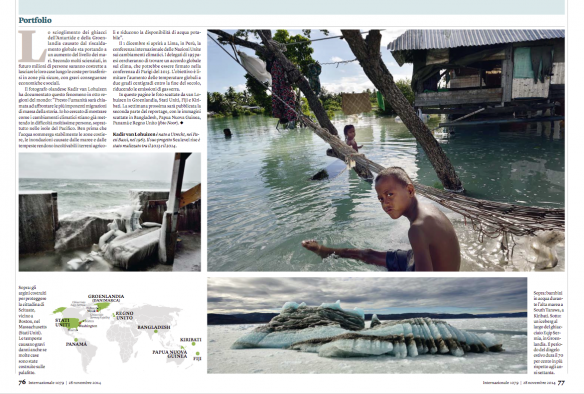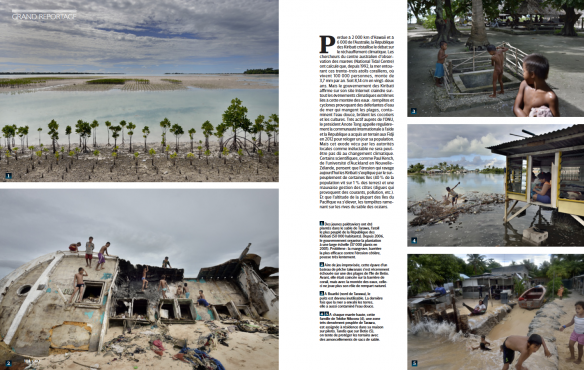Last week NOOR photographer Kadir van Lohuizen's exhibition 'Ali & Laila, An Amsterdam Family History' exhibition opened at the Amsterdam museum. The exhibition portrays the Dutch-Moroccan Rharib family from Amsterdam East.
In 1993, Kadir met the family for the first time and spent some time with father Ali, mother Laila and their five children. Kadir photographed them in their daily life and followed Laila and her husband to Morocco during their holidays to their home country.

Final goodbye before the annual return to Morocco. Hamza says goodbye to his uncle. Amsterdam, 1993
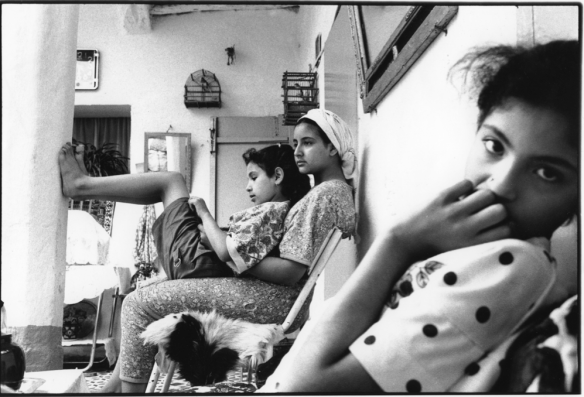
Nora, Fatima and Farida in the courtyard of the house where Laila was born. Amsterdam, 1993
In 2013, 20 years later, Kadir was visiting a friend in the hospital when he bumped into a woman who recognized the photographer from her childhood. At first, Kadir did not recognize Nora, the youngest daughter of the Rharib family, as she had become a young woman and was herself now a mother. Nora was there at the hospital because her father Ali was ill from Alzheimers. Nora told Kadir. "Don't you recognize me? "We need you to come," she said simply. "My father is going to die."

Kadir and the Rharib family watch the multimedia installation at the 'Ali & Laila' exhibition.

The multimedia installation at the 'Ali & Laila' exhibition.
Once again the Rharib family invited Kadir into their lives and he soon joined them, as he did 20 years earlier, to Marroco. Kadir wondered what had changed in the meantime. Did the Rharib family found their place in Dutch society? How had the years in Amsterdam shaped their identity? Kadir documented how their lives had developed. Through this extended family portrait, the exhibit 'Ali & Laila' explores questions of identity, culture & integration in the Netherlands.



The exhibition runs until 8 March 2015 at the Amsterdam Museum.
More info: http://www.amsterdammuseum.nl/kadir-van-lohuizen
Tune in!
Kadir was a guest on the Dutch radio show 'Nooit Meer Slapen'. In the program he talks about the exhibition and his work as a photojournalist. You can listen to the show online (in Dutch) here.
Photos © Johannes De Bruycker
